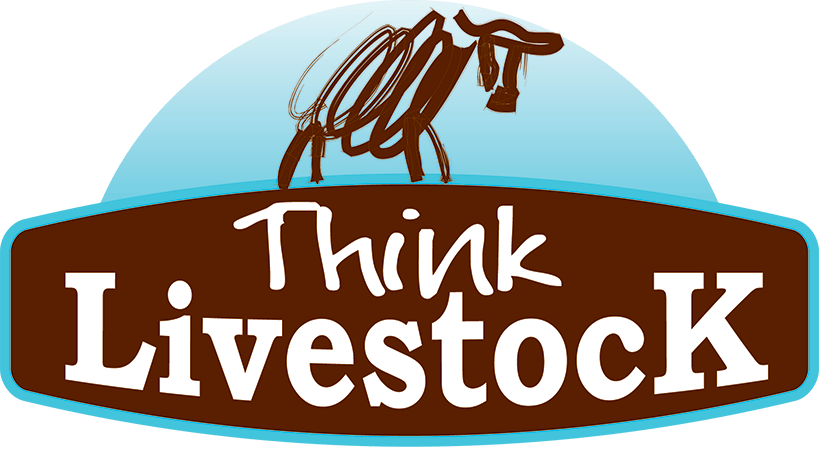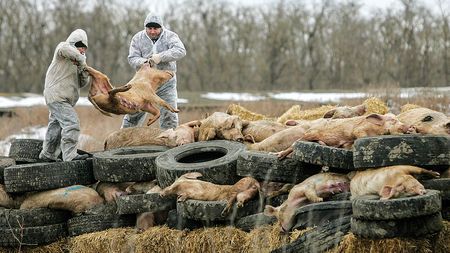How to choose the right one to suit your water dosing task and your Select doser type.
There are a lot of farmers across Australia with a need to add something into the drinking water for their Livestock. Most of these applications have one thing in common: The need for dosing to be automatically adjusted in proportion to the water flow.
When we first launched the Select Doser in Australia about 16 years ago, there were only a couple of options available for Water Flow measurement. We had sensors in our range to measure very small and very high flows, but very little to cover the middle of the range that people encounter on farm.
This meant that our customers in the early years could use the Select Doser for precision applications (such as a Poultry Shed, or Weaners on a pig farm) or Farm-wide applications (such as Water treatment with Chlorine or Peroxide), but didn’t have a good solution for intermediate applications (Dosing a decent sized group of cattle independently, or multiple sheds on a piggery).
As you’ll see below, things have changed. We now have a range of flow measurement devices to cover, not just any flow situation, but also dramatic differences in source water quality.
Continue reading Flow Sensors

